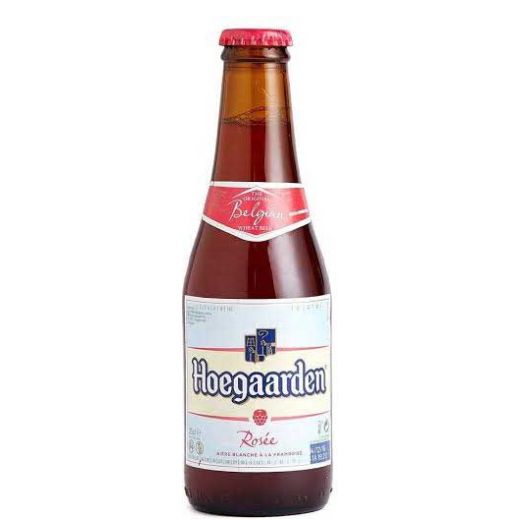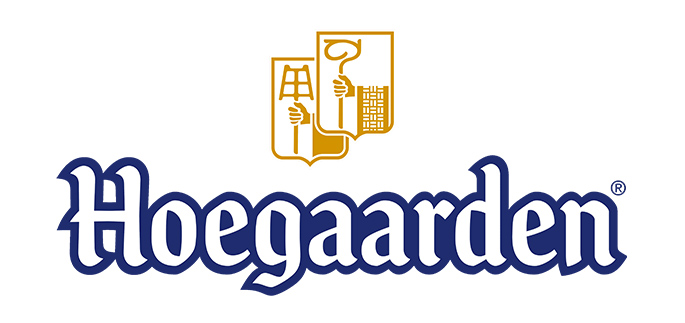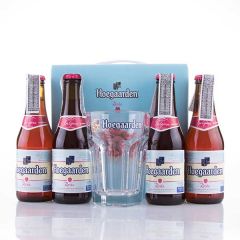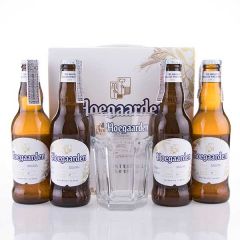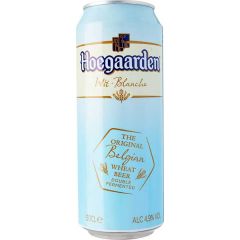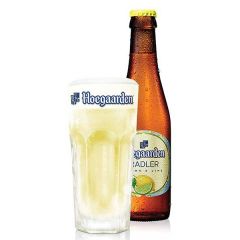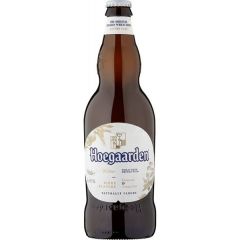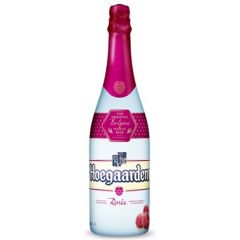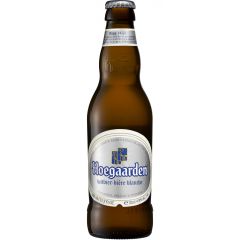Welcome to the club | New member? Subscribe and get special offer
Hoegaarden Rosee 250ml x 24
ประเทศ (Country)
Belgium
ประเภท (Beer Type)
Wheat
ขนาดบรรจุ (bottle size)
250 ml
แอลกอฮอล์ (Alcohol)
3.0%
รายละเอียดสินค้า
Hoegaarden Rosee (ฮูการ์เด้น โรเซ่) เบียร์สัญชาติเบลเยี่ยม เป็นเบียร์ผลไม้ที่มีความหวานอ่อนๆ จากแรสเบอร์รี เมื่อรินลงในแก้วจะเป็นสีกุหลาบชมพูสวยงาม และฟองสีกุหลาบที่สวยไม้แพ้กันอยู่ด้านบน กลิ่นก็ไม่น่าแปลกใจเลยที่จะต้องเป็นกลิ่นหอมหวานของผลไม้สีแดงอย่างแรสเบอร์รีและสตรอว์เบอร์รี มีความซ่ามากกว่า Hoegaarden ต้นฉบับเล็กน้อย Hoegaarden Rosee เป็นเบียร์ที่ดื่มง่าย และเป็นตัวเลือกที่เหมาะมากสำหรับนั่งดื่มริมน้ำในวันร้อนๆ และสามารถทานคู่กับเค้กกับขนมได้
เนื้อหาสินค้า
Early and recent history
500 years of hard work went into making this beer that features the aroma of orange peel, coriander and herbs that the merry monks imported from sunny Curacao. Speaking of which: pouring Hoegaarden is just like letting the sun fall into your glass: light yellow and naturally murky. And the soft foam adds a cloudy finish. And then there’s the soft taste, light and slightly sweet and sour and with subtle citrus notes… ah, just go ahead and taste it instead of reading about it!
The village of Hoegaarden had been known for its witbieren (white beers) since the Middle Ages. In the nineteenth century, the village had thirteen breweries and 9 distilleries; however, in 1957, the last local witbier brewery, Tomsin, closed its doors. Pierre Celis, a milkman who had grown up next to the brewery and sometimes helped with brewing, decided some ten years later to try to revive the style. He started a new brewery, called de Sluis, in his hay loft.
Celis used the traditional ingredients of water, yeast, wheat, hops, coriander and dried Curaçao orange peel known as Laraha. With demand for the product continuing to grow, Celis bought, in the 1980s, Hougardia, a former lemonade factory to expand his brewing operations.
After a fire in 1985, several brewers offered their help — as is traditional in Belgium. One of these was the largest brewer in the country, called Interbrew (after a merger with AmBev, renamedInBev). Interbrew lent money for the purchase of other buildings to rebuild the brewery. Over time, Celis felt very strongly that the company used the loan to pressure him to change the recipe to make the beer more "mass market".
แบรนด์

